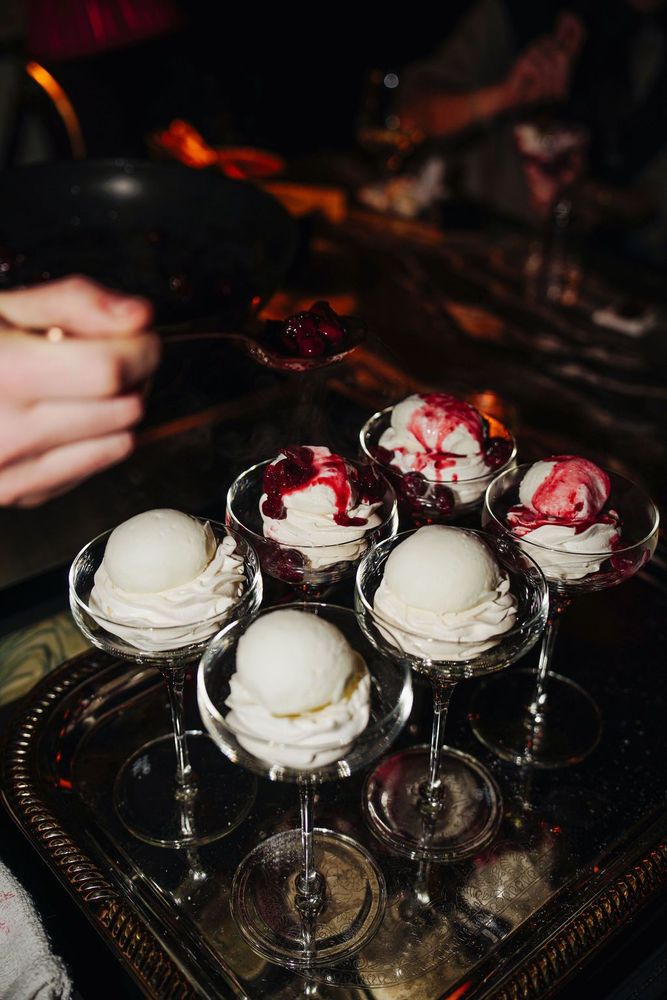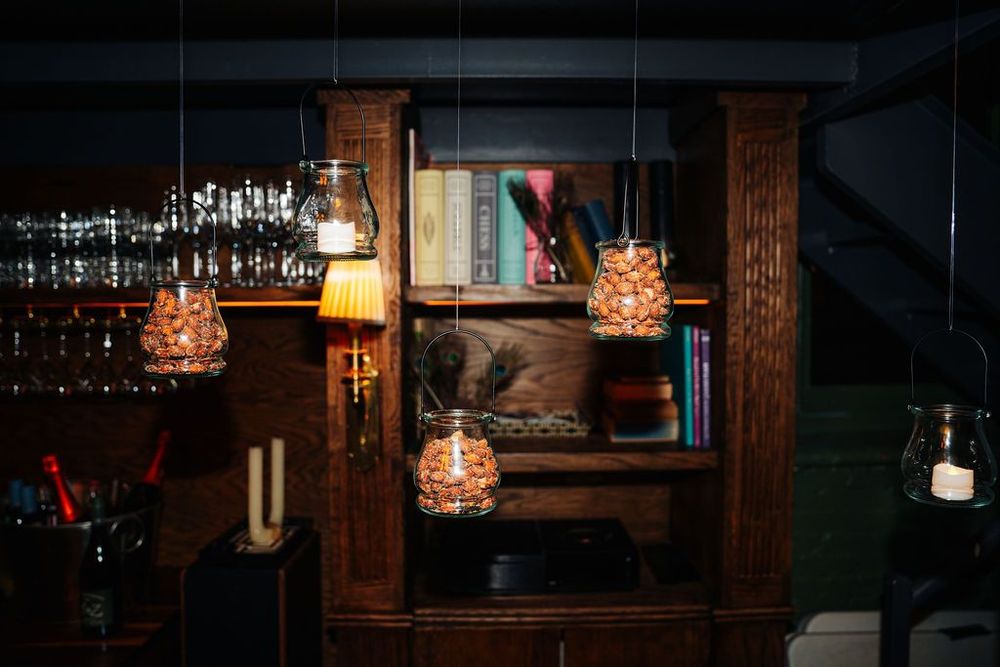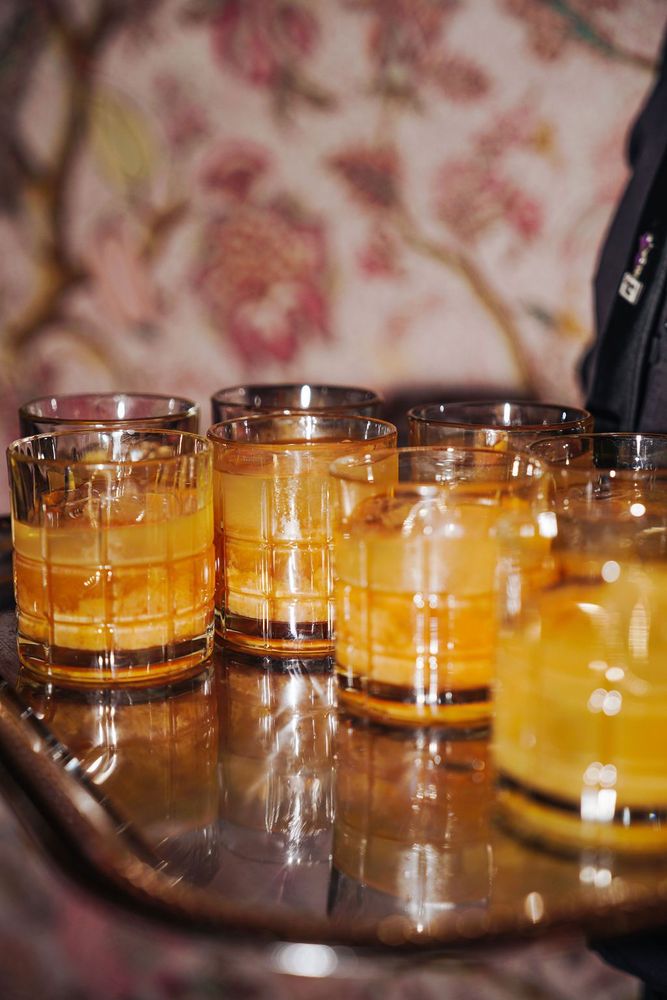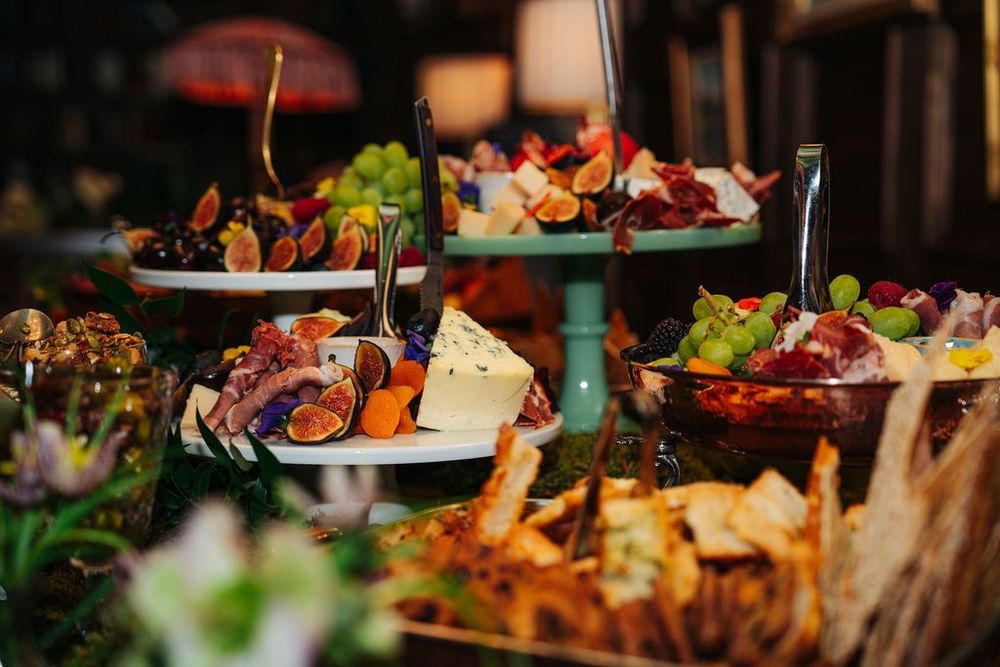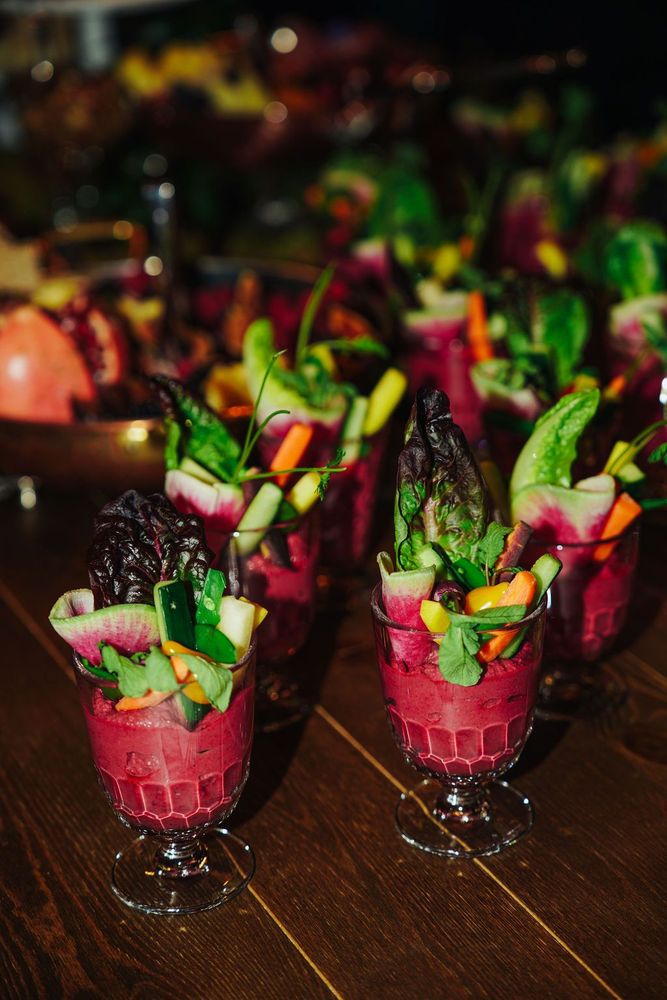What began as a small farm-to-table café on Varick Street has grown into one of New York’s most versatile catering companies. Founded by Deborah Miller and now known as Deborah Miller Catering & Events, the company has weathered hurricanes, pandemics, and shifting tastes while holding onto its high-touch, custom approach.
In this conversation with our CEO, David Litwak, Emmanuelle Heyman, Head of Marketing and Brand Communications at Deborah Miller Catering & Events, shares the company’s origin story, its pivot, and how the team continues to balance corporate consistency with the personal touch that defined Deb's from the start. Let’s dive in.
David Litwak: Would love to hear a little bit about how Deborah Miller Catering & Events got started and what's the origin story of the business?
Emmanuelle Heyman: I'm the head of marketing and brand communications at Deborah Miller Catering & Events. Deborah Miller is from New Jersey. She grew up in the suburbs, and her father owned a greasy spoon in lower Manhattan. From a young age, she was always helping out and surrounded by the culinary world.
She later went to the CIA, earned her culinary degree, and traveled around Europe, honing her interests and tastes while developing an appreciation for farm-to-table food. This was back in the 80s and 90s, when farm-to-table wasn’t yet a big thing in the U.S.
When she returned, her father was ready to leave his business and offered her the space. Instead of continuing the greasy spoon, she created her own concept: Deb's.
Deb’s was a farm-to-table style deli, coffee shop, and café. They served pastries, quiches, sandwiches, and salads out of a small storefront on Varick Street.
Deborah ran it herself, changing the menu every single day based on whatever she felt inspired to cook. Everything was seasonal, healthy, and fresh, very much ahead of its time.
Over time, offices in the neighborhood started asking for catering, sandwiches for meetings, breakfasts, and big salad orders. So, very organically, Deborah’s business grew into a catering operation.
About 10 years later, they opened a catering commissary kitchen near the South Street Seaport. Deb's, the café continued to run, while this new arm focused on corporate catering.
Of course, there were ups and downs; Hurricane Sandy wiped out that kitchen. But they pivoted, eventually opening a much larger space near One Police Plaza: a 5,000-square-foot commissary kitchen that’s still the hub today.
Then COVID happened, and they shut down the café portion of the business. That became the moment to really figure out how they wanted to operate moving forward.
They decided to go all in on catering, not just drop-offs anymore, but full-scale events: holiday parties, conferences, weddings. What started as Deb's became Deborah Miller Catering, and now it’s Deborah Miller Catering & Events. Deb's is no longer, and today it’s a bigger operation, still boutique, but with about 45 full-time staff.
Now they handle events anywhere from 30 to 1,000 people across the New York DMA. That’s kind of the story. And Deborah is still the owner, overseeing everything.
Deborah still oversees the entire operation from time to time. We have a full team now, sales, culinary, marketing, servers, and more, but the trajectory of the business has been very organic.
She never set out to build a catering company. It really started with that little shop she inherited from her dad, and it just grew naturally based on the demand for what people wanted.
